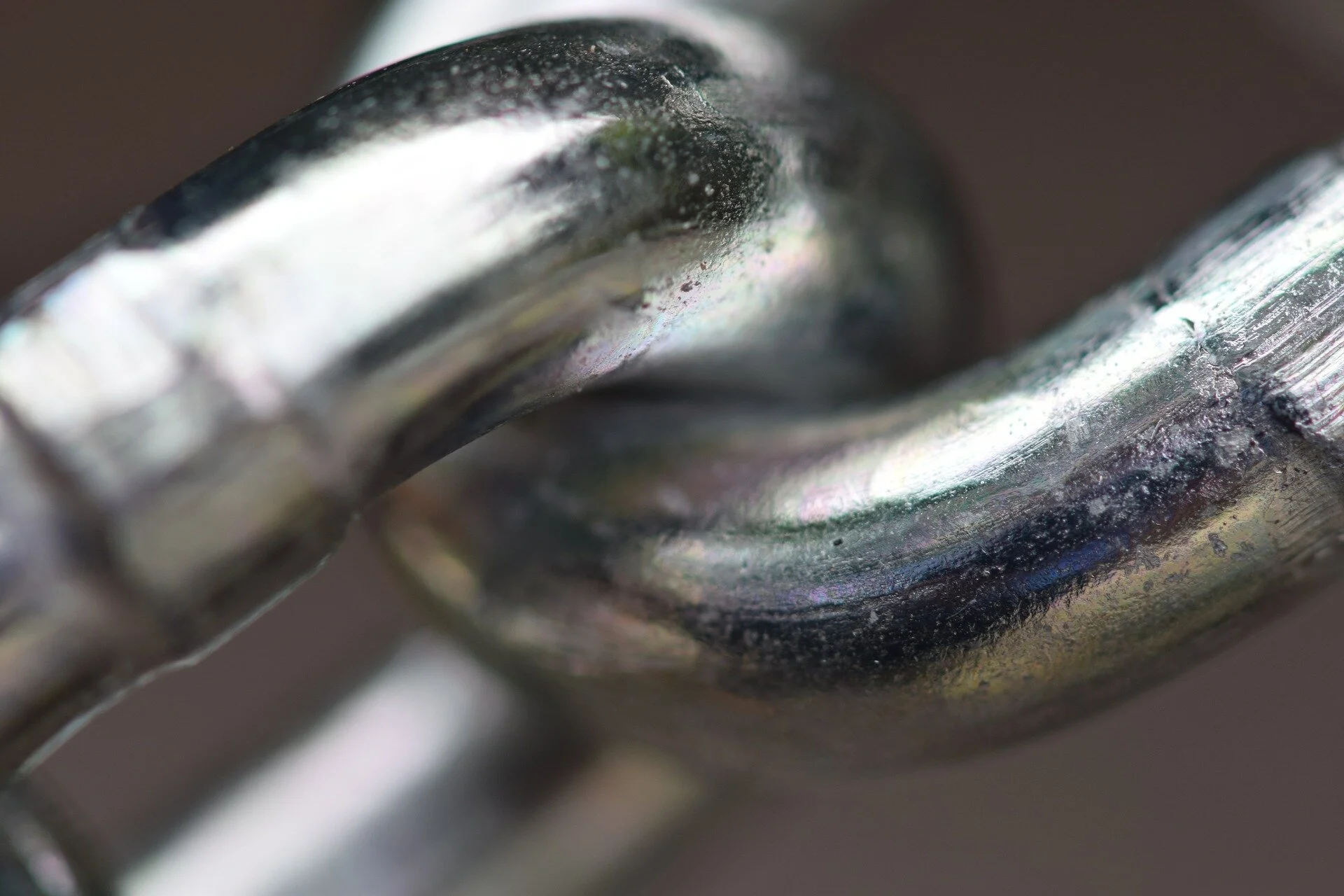Where to Keep an Emergency Fund
I have been considering the question of where to keep an emergency fund. I should be receiving my annual bonus by the end of summer, and I should have about $5,000 left over after paying off the last of my credit card debt. I plan to use this $5,000 to create an emergency fund and as a means of increasing my financial stability by putting an end to living month to month.
There are several options for places to keep an emergency fund. I recently opened online savings and checking accounts with ING Direct. The online savings account is a good option for an emergency fund because it pays a highers interest rate (1.10% APY) than most traditional brick and mortar banks (most of which currently pay around 0.10% APY).
However, the downside of the online savings account as a location to keep an emergency fund is the fact that the emergency fund is not immediately accessible. It would take 2-3 business days to obtain the funds from my emergency account via transfer to a local bank. I could also transfer the balance of the emergency fund to the ING Direct Orange checking account, since ING Direct now provides a check card to allow access to the balance via debit and ATM cash withdrawal.
Despite the lower interest rates, I am considering depositing my emergency fund into a local bank or credit union. I would like my emergency fund to be kept in a separate bank than my everyday savings and checking accounts. This is to avoid the temptation to withdraw from my emergency fund for routine purchases. A local bank or credit union would allow the money to grow (however slowly), and I could access the entire balance at a moment's notice, if necessary.
A good middle ground for an emergency fund may be a money market account, most of which have slightly higher interest rates than traditional savings accounts. Money market accounts allow you to withdraw your emergency fund without penalty, which is an advantage. However, many money market accounts have a minimum balance requirement in order to avoid fees or penalties.
The key variables for an emergency fund are liquidity and speed or ease of access. Since the purpose of an emergency fund is not to grow your retirement, only to provide security for emergencies or rainy days, a lower rate of return is acceptable for an emergency fund. However, if keeping the emergency fund in an online account with a higher interest rate also means that the money is less available for impulse spending, then the emergency fund is more likely to serve as an effective financial buffer in times of financial duress.
Only you can decide which emergency fund solution best fits your situation, but I am leaning toward the ING Direct online savings account to make sure that the emergency fund stays true to its name and is reserved for emergencies only.







